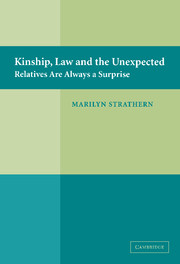2 - Embedded Science
Published online by Cambridge University Press: 08 January 2010
Summary
Our picture of science is still heavily impregnated with epistemology – that is, the ‘theory’ of knowledge.
John Ziman, 2000: 6In 2003 the international council for science prepared to launch what it regarded as one of its most important strategic reviews ever. This was a review of the responsibilities of science and society. A fascinating phenomenon of the last decade or so has been the international circulation of the idea that science needs society as much as society needs science. ‘Science and Society’ programmes seem to spring up on all sides. In summoning the combined skills of experts and non-experts alike, such programmes try to make explicit the interdependence of the two. Thus a central formula in U.K. science policy has recently undergone a shift in that direction: from the Public Understanding of Science to the concept of Science and Society. The call is for a greater understanding of how society is implicated in science, and how science might be made accountable to society: a ‘new social contract’. In thinking about what stands for society, how one knows when it has been engaged, society becomes itself an explicit object of inquiry. There is considerable interest here for a social anthropology engaged with what is made explicit and what is left implicit. For anthropologists frequently claim that much knowledge is embedded in habits and practices that render it implicit.
- Type
- Chapter
- Information
- Kinship, Law and the UnexpectedRelatives are Always a Surprise, pp. 33 - 49Publisher: Cambridge University PressPrint publication year: 2005

